After the terrorists attacks of September 11, 2001, Americans came face-to-face with their untested and false sense of security. Now, the Transportation Security Administration is telling Americans that their closely held fears about someone bringing a knife on a plane, will be realized.
The TSA chief, John Pistole, has declared that their new policies which allow passengers to bring certain types of baseball bats, hockey sticks, golf clubs, pool cues, lacrosse sticks, ski poles and small knives onto planes will continue as planned despite opposition.
Despite the multitude of new items passengers are allowed to bring onto a plane, the advent of the new knife policy is causing the most uproar. The blades are allowed to be 2.36 inches or six centimeters in length and no more than half of an inch at their widest point. They are also not allowed to have a locking or fixed blade or a molded grip. However, fear remains as Americans remember the box cutters that were used to hijack the American Airlines flights on September 11, 2001.
Political Science Professor Michael Artime is not surprised at the public response and said he believes that it is justified. Artime also said that the policies put in place for over a decade now have cultivated fear in the minds of passengers.
“The TSA has been telling people that your toothpaste has to be a certain size, you can’t bring nail clippers onto the plane, you better take off your shoes and stand on your head before you go on a plane,” Artime said.
Demonstrating that everything passengers do in the process of checking people onto a plane prevents them from harm, is evidence to people that one should be afraid of everything from your cell phone to your water bottle.
“I think that the public response to that is very rational to say ‘wait, you have told me that…I can’t bring a soda on the plane, now you’re telling me that I can bring a knife on a plane and I’m supposed to feel safe about it?’” Artime said.
In addition to public outcry from potential passengers, the new policy is also receiving backlash from flight attendant unions and pilot unions that argue that the policy is unnecessary and unsafe.
However, senior Lauren Loudon, whose father serves as a captain for Alaska Airlines, said that even those fears are somewhat overblown. Her father is an Federal Flight Deck Officer, and Loudon says she does not fear for his safety even with this new policy. As a part of the FFDO program run by the Federal Air Marshal Service, a pilot can be licensed to carry firearms for defending the flight deck against 9/11-style attacks. Additionally, Loudon said that she flies more than anyone she knows and that while she has seen her fair share of drunk people and flustered passengers on flights, she is not concerned.
“Flight attendants are very well-equipped to handle a situation involving a reckless passenger,” Loudon said. “They receive extensive training and are much more well-equipped than most people realize.”
Artime said that it ‘flies in the face of’ everything that we’ve been told to allow us to take knives onto a plane, and that flight attendant and pilot fears go back to the nature of 9/11.
“There’s not a logical progression here. It’s not like we’re taking small steps forward. People hear that, ‘yes, now given everything that you’ve been taught we’re going to allow people to carry knives on a plane,’” Artime said. “I think you could not expect a different reaction from people who have been brought up very much being taught to fear many different things.”
Along the same lines, sociology professor Raja Tanas said that the fear of terrorism has instilled that fear into America and captivated the people. However, he is adamant that the public’s reaction to this policy change has exploded out of proportion.
“It’s really not a threat and…I think it’s ignorance and lack of information that makes people fearful, and before people talk they should really try to understand and look at it very carefully before throwing things out. Information, information, information. People have to be informed,” Tanas said.
In addition, Artime says that however improbable it is, the chance of something happening is still a possibility.
“I think that is what we have been taught after September 11, that there is a percentage chance that this could be used as something dangerous so we might as well not allow people to bring it on a plane,” Artime said.
Another, somewhat overlooked, contributing factor to the TSA’s decision comes in response to the time it takes a passenger to get through a security checkpoint. Tanas said that this policy will do wonders for efficiency.
“They are already finding these knives and collecting more than 2,000 of them a day. Now when they see them in your pocket they are not going to discuss it. Can you imagine? Even if it takes one minute or maybe two minutes or three minutes to talk to the passenger about this knife…that time is wasted. It will expedite the movement of the line for the passengers and save time for the TSA,” Tanas said.
In the end, the fact that Americans know that taking down a plane and flying it into a building is a possibility, changes the situation from twelve years ago.
Tanas said that no one in those planes on September 11 thought in their wildest dreams that the terrorists were aiming to do what they did.
“If, for example, they knew, maybe two or three people would have sacrificed themselves, but they had no idea, no clue…I think, God forbid, if it happens again, passengers will deal with that differently of course,” Tanas said.
Contact Connor Soudani at csoudani16@my.whitworth.edu
Note: A correction was made to this story regarding the number of knives being collected each day. The number was mistakenly reported as 200,000 instead of 2,000.


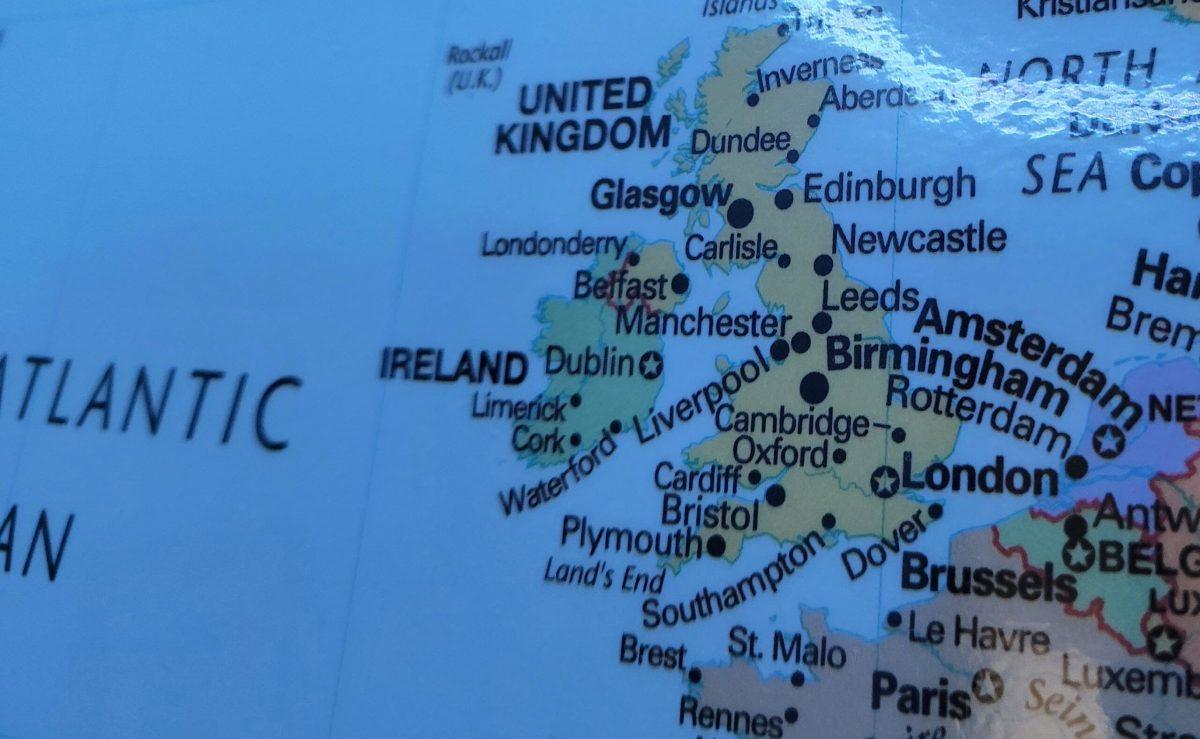
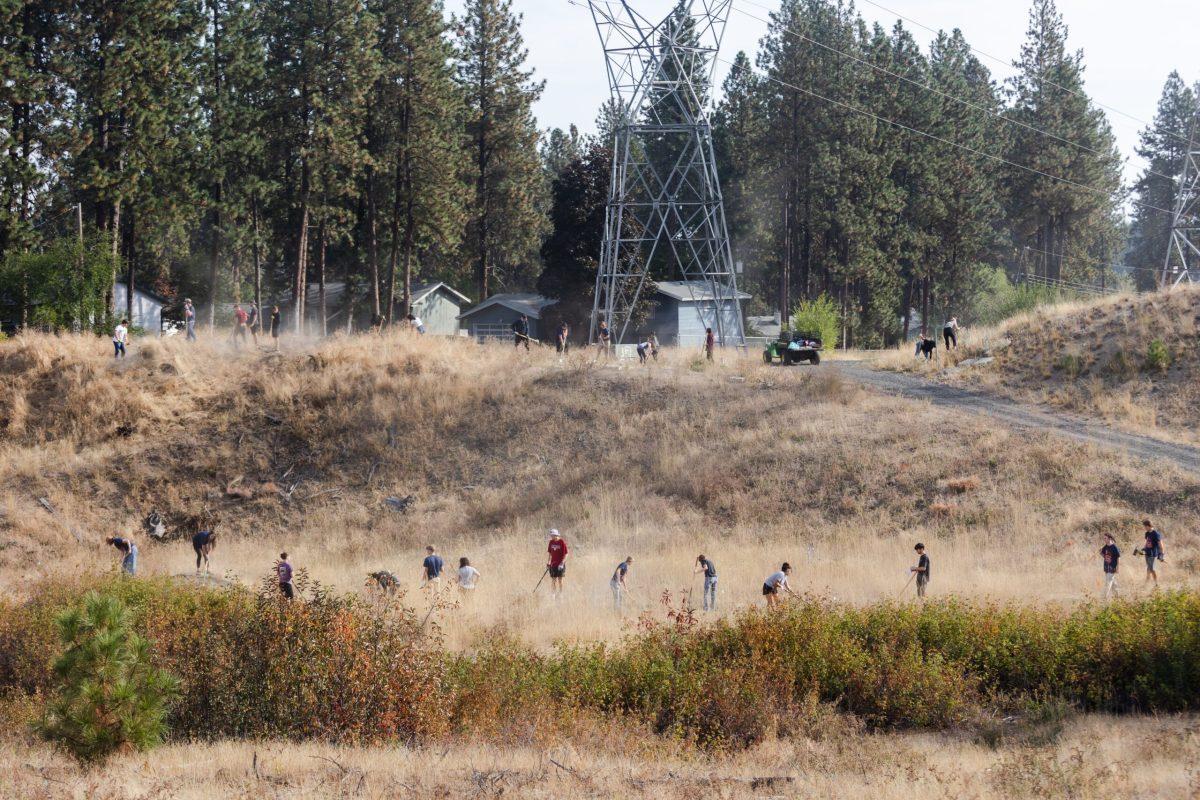

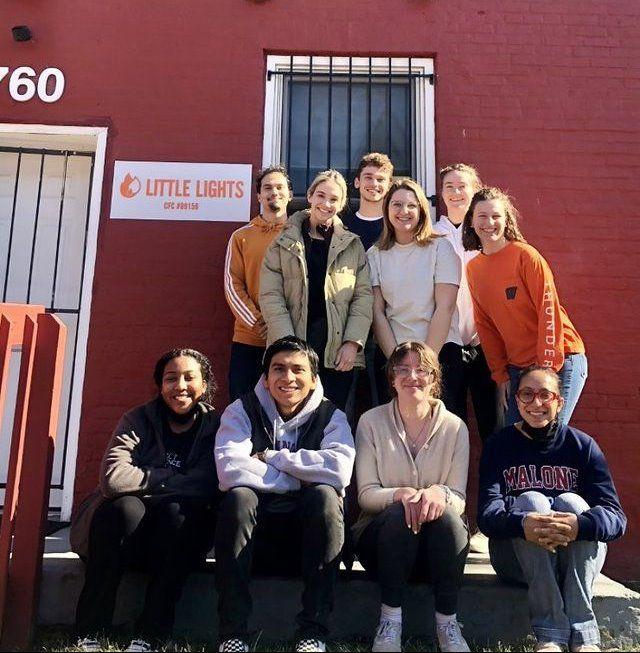
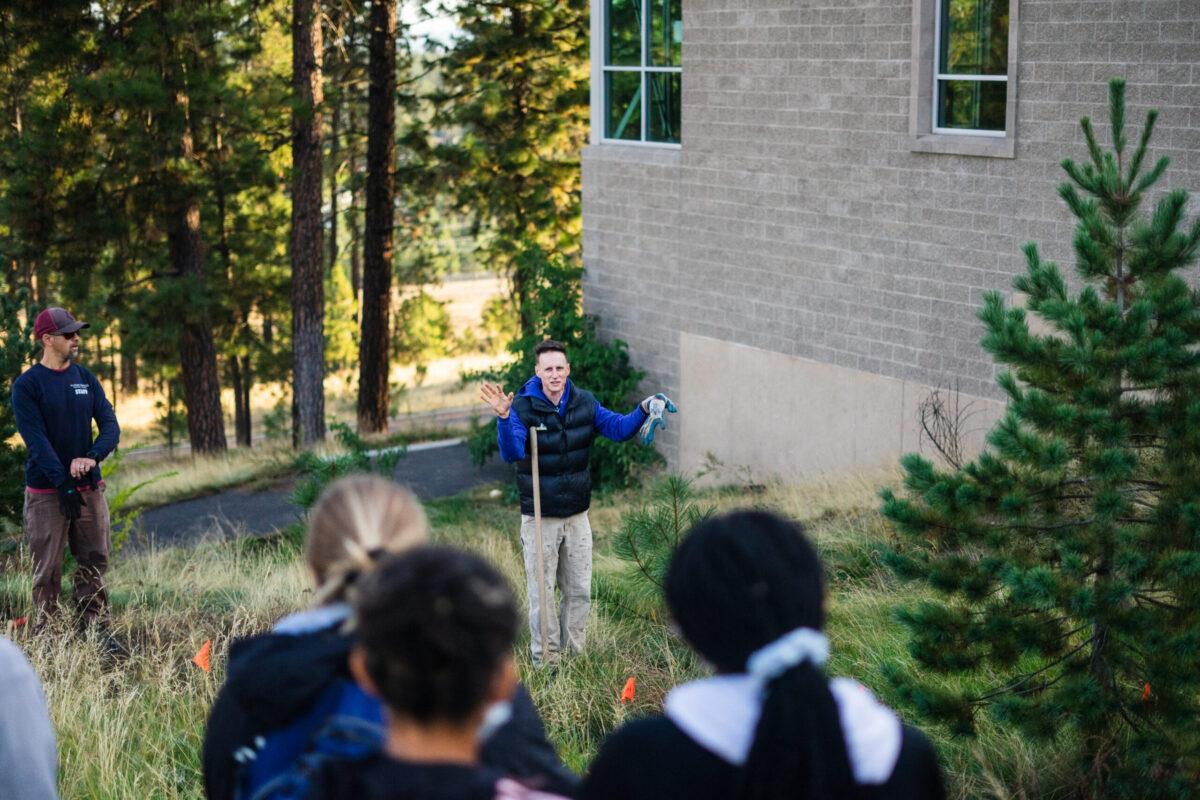
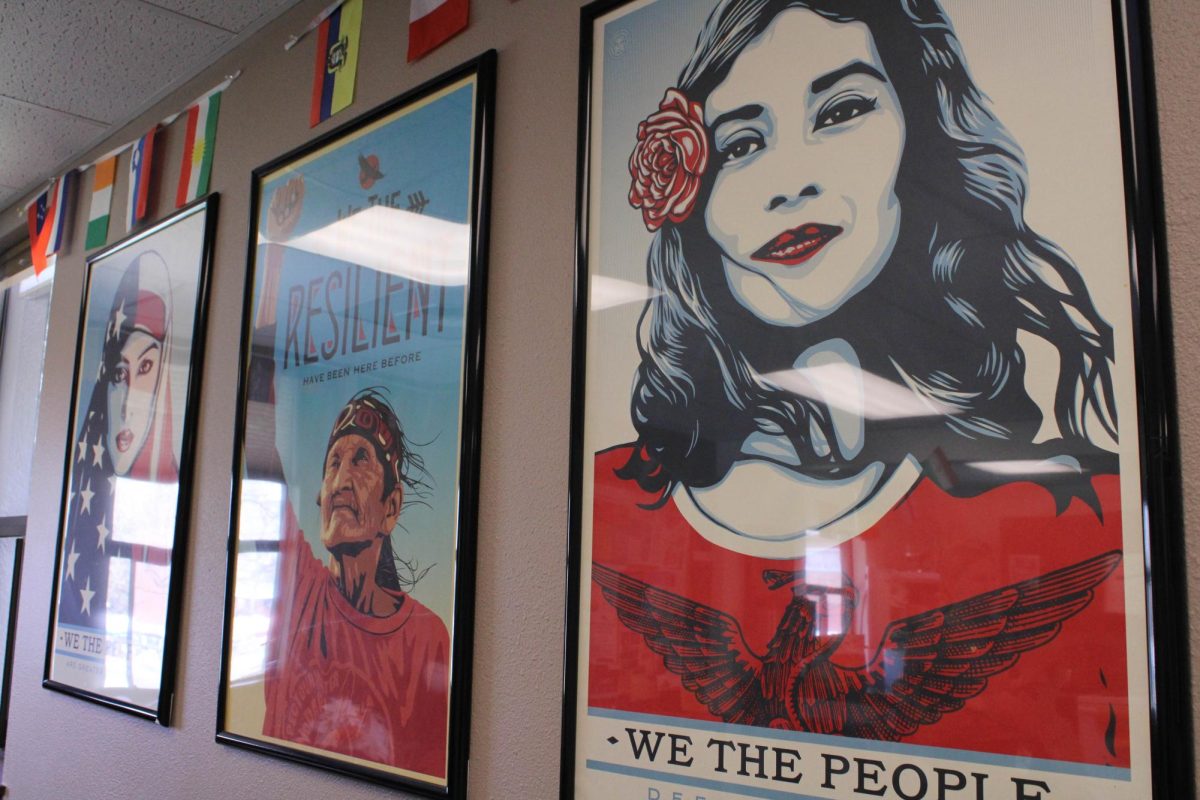


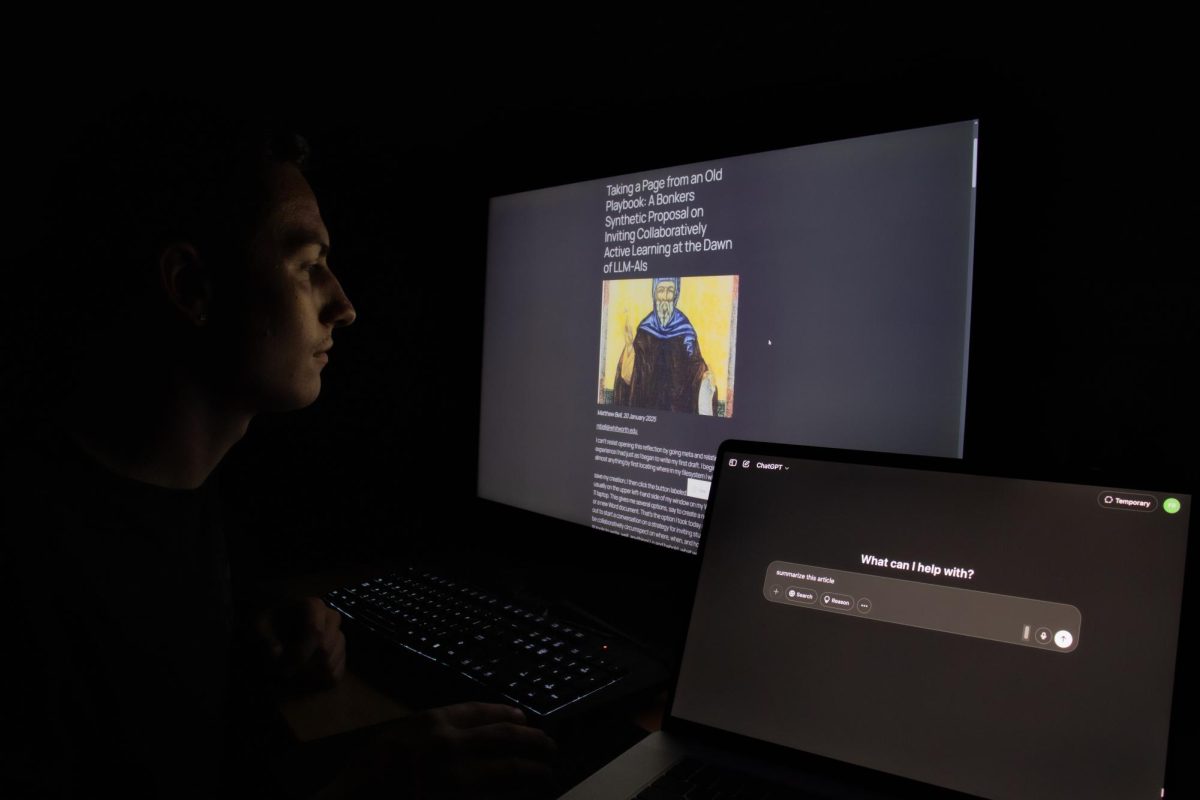
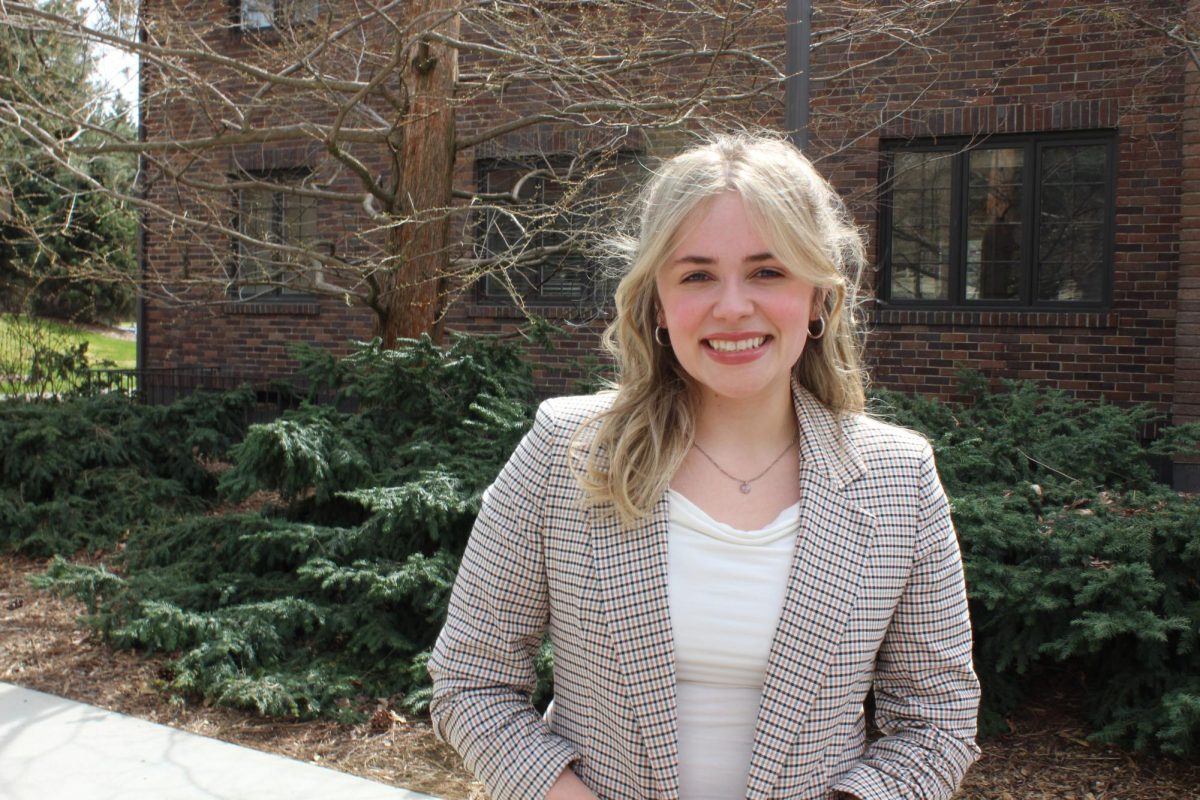
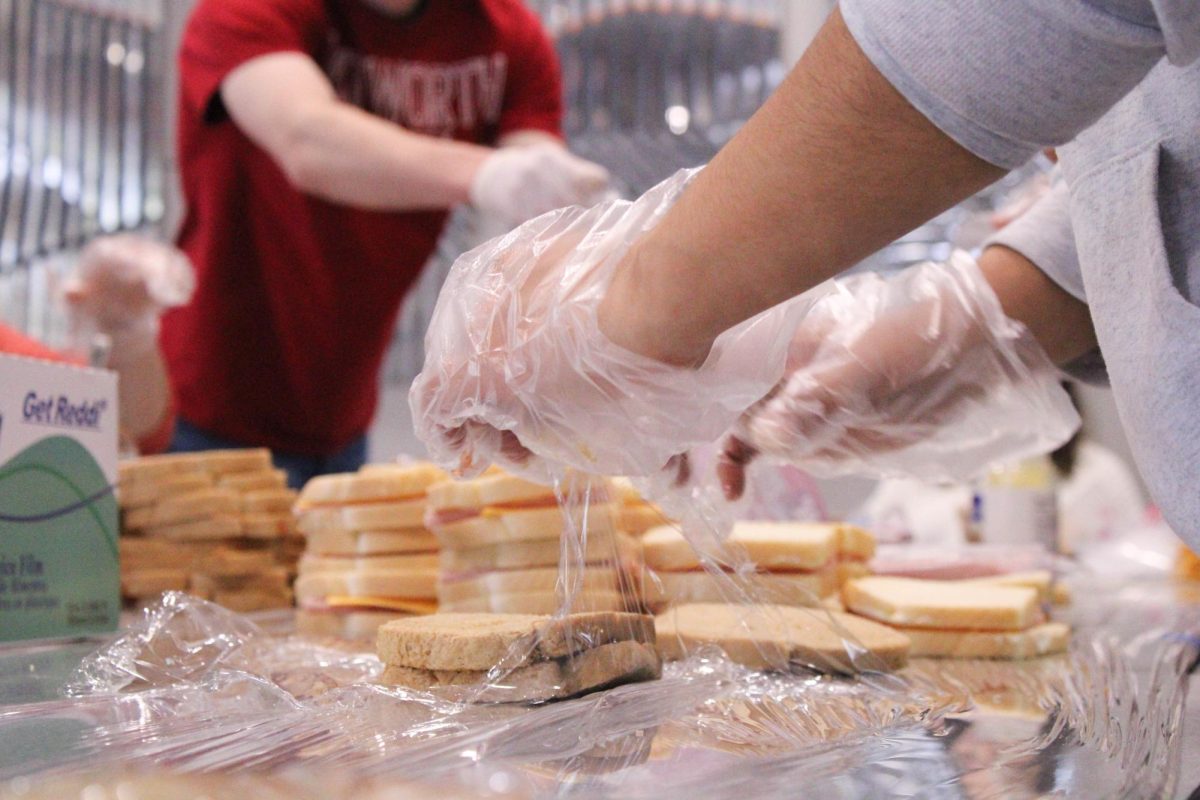
 Spokane?
Spokane?